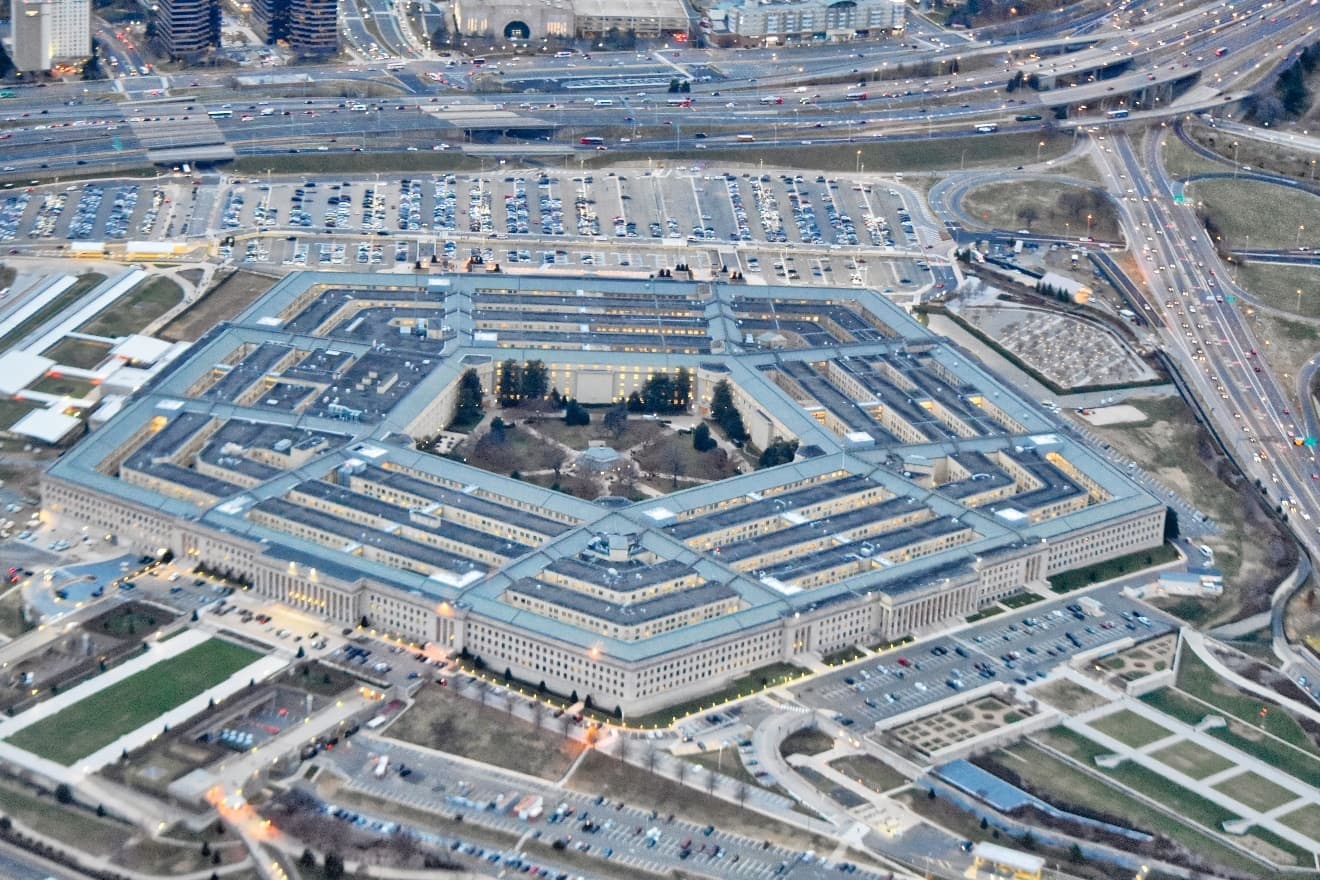
According to Forbes, there were more than 2,300 cyberattacks in 2023, so it’s little wonder that the United States Government is concerned about cybersecurity and these concerns extend to government contracting, especially for those working with the Department of Defense. Let’s take a look at the DOD’s Cybersecurity Maturity Model Certification (CMMC) framework and how it affects you as a federal contractor bidding on DOD contracts.
What Is The CMMC?
The CMMC is a framework developed by the U.S. Department of Defense (DoD) to enhance and standardize cybersecurity practices across the Defense Industrial Base (DIB) sector. The CMMC is designed to ensure that contractors and subcontractors handling sensitive information for the DoD adhere to stringent cybersecurity standards, thereby protecting Federal Contract Information (FCI) and Controlled Unclassified Information (CUI) from cyber threats.
Key Aspects of CMMC:
- Maturity Levels
The CMMC framework is structured into five maturity levels, each representing a different degree of cybersecurity rigor:
- Level 1: Basic Cyber Hygiene – Focuses on basic cybersecurity practices to protect FCI.
- Level 2: Intermediate Cyber Hygiene – Introduces additional practices and serves as a transitional step to protect CUI.
- Level 3: Good Cyber Hygiene – Implements practices from the NIST SP 800-171 standard, fully safeguarding CUI.
- Level 4: Proactive Cyber Hygiene – Enhances practices with more sophisticated measures to defend against advanced persistent threats (APTs).
- Level 5: Advanced/Progressive – This represents the highest level of cybersecurity maturity, involving advanced techniques and practices to protect against APTs and other complex threats.
- Process and Practices
Each maturity level in the CMMC framework requires organizations to implement specific cybersecurity processes and practices. As the levels progress, these practices become more comprehensive and proactive in managing cybersecurity risks.
- Certification Requirement
- Unlike previous guidelines where self-assessment was allowed, CMMC requires third-party certification. Contractors must undergo an assessment by an accredited CMMC Third-Party Assessment Organization (C3PAO) to obtain their certification.
- The required CMMC level for a contractor depends on the sensitivity of the information they handle. For example, organizations dealing with high-value or sensitive data must achieve a higher maturity level.
- Implementation & Compliance
- CMMC compliance is mandatory for all DOD contractors and subcontractors as it becomes a requirement for bidding on new DOD contracts. Non-compliance can result in losing the opportunity to secure contracts with the DOD.
- The framework is designed to be dynamic, with regular updates and revisions to adapt to evolving cybersecurity threats and technological advancements.
- Objective
The primary goal of CMMC is to safeguard sensitive defense information across the supply chain by ensuring that all entities involved adhere to consistent and effective cybersecurity practices. This is crucial for national security and the protection of defense-related information.
Why CMMC Matters
- Risk Management: By implementing CMMC, organizations can better manage cybersecurity risks, reducing the likelihood of data breaches and other security incidents.
- Competitive Advantage: Companies that achieve higher CMMC levels may have a competitive edge in securing DoD contracts, as they demonstrate a strong commitment to cybersecurity.
- National Security: CMMC plays a vital role in protecting national security by ensuring that sensitive defense information is adequately protected from cyber threats, especially as cyberattacks on critical infrastructure and defense systems become more sophisticated.
Getting Started With DOD Contracts
Keep in mind, that these CMMC maturity levels are only, at present, for a federal contractor that wishes to do business with the Department of Defense. Additionally, it’s truly only a concern for contractors that handle any type of sensitive information. If you are a contractor supplying something like copy paper or office furniture to the DOD, the CMMC framework likely won’t be an issue.
However, while you may or may not have to deal with CMMC, all government contractors must complete their System for Award Management (SAM) registration in order to do business with any federal agency. At Federal Contractor Registry, we can help you complete your SAM registration quickly and 100% accurately.
In addition to completing your SAM registration quickly and accurately, our fees also include several value-added features. For instance, if you qualify as a small business, we will help you sign up with the Small Business Administration (SBA) and help you determine which SBA set-aside programs match your business.
SBA set-asides are designations for specific types of businesses, such as a Woman-Owned Small Business (WOSB) or a Service-Disabled Veteran-Owned Small Business (SDVOSB). The government sets aside federal contractor jobs specifically for these and other types of small businesses, but it can be tricky to determine which set-asides are the best fit for your business, and we can help.
Additionally, we also will help you complete the notarized letter requirement for SAM and help you attain your Unique Entity Identifier or UEI number. The UEI is a new requirement for those signing up with SAM for the first time, and it replaces the requirement to provide your DUNS (Data Universal Numbering System) number.
We know that taking the first steps as a federal contractor can be tricky, but we make SAM registration and SAM renewal as easy as possible. Whether you wish to bid on DOD contracts, FEMA contract jobs or other types of fed contracts, the team at Federal Contractor Registry can help you get started. For new SAM registrations, just head to our homepage and click on the green New Registration tab.